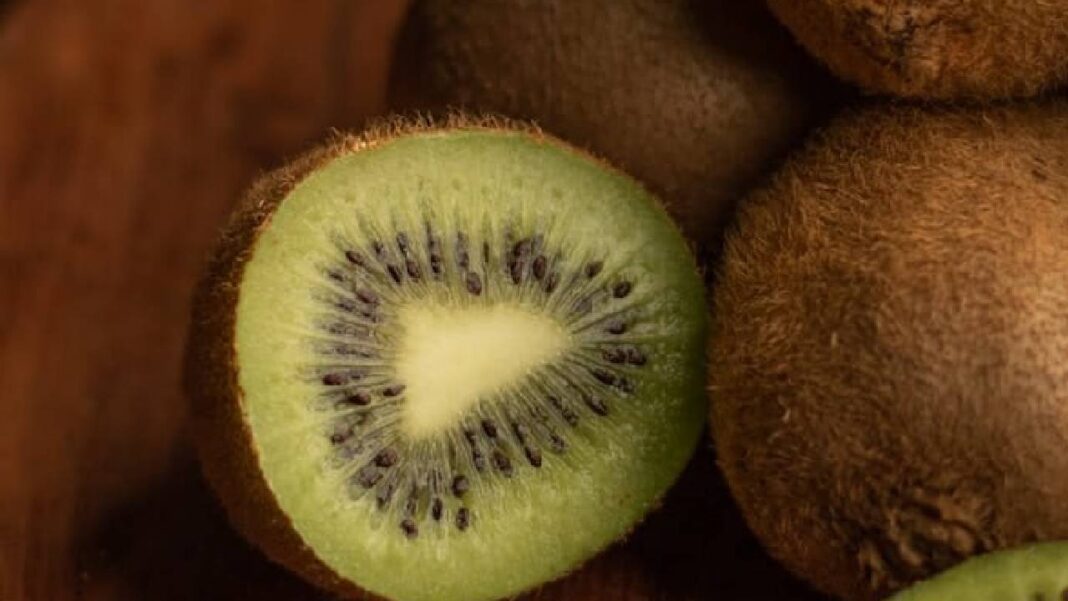With dengue cases on the rise, misleading information about it is so rampant online that we had to address it in this week’s health talk in any case. The Pioneer’s SHIKHA DUGGAL connects with experts to bring a detailed story busting myths about dengue treatment and more.
Sometimes you just cannot deny science, can you? Science dictates what we should do with the help of scientific research! It’s okay to build your resilience for misinformation, but it’s not acceptable to expose everyone else to that weak piece of information. It happens with dengue fever every year in our country! Many people are dying from dengue, especially in Mulugu district. An important announcement was given that a lot of dengue cases have been reported in Hyderabad and specially the kids are susceptible to getting infected all the more. And the misleading information is so rampant online that we had to address it in this week’s health talk in any case.
Listen communities as our very reliable sources from Athreya Hospitals tell us, “While papaya, goat milk, and kiwi fruits are nutritious foods, they are not miracle cures for dengue or platelet count improvement. Platelet count reduction in dengue is primarily due to the virus affecting the bone marrow’s ability to produce platelets! The key to managing dengue is early diagnosis and timely medical intervention, including proper hydration and transfusions if necessary. Actually, improving platelet count involves medical management. However, mild to moderate cases can often recover without transfusions through proper hydration and rest. Nutritious food and a balanced diet aid recovery, but they don’t directly influence platelet production.”
dengue or platelet count improvement. Platelet count reduction in dengue is primarily due to the virus affecting the bone marrow’s ability to produce platelets! The key to managing dengue is early diagnosis and timely medical intervention, including proper hydration and transfusions if necessary. Actually, improving platelet count involves medical management. However, mild to moderate cases can often recover without transfusions through proper hydration and rest. Nutritious food and a balanced diet aid recovery, but they don’t directly influence platelet production.”
Dr. Narayanswamy continued, “Dengue severity reduction primarily involves supportive care. It’s concerning when misinformation is spread, especially by healthcare practitioners or influencers. While Ayurveda and natural remedies have their place, it’s essential to rely on evidence-based medicine for critical illnesses like dengue. And then myths often gain traction due to fear. It’s crucial for healthcare authorities to actively debunk myths and disseminate accurate information. Public health campaigns and education can play a significant role in countering misinformation. In the age of social media, quick sharing of information can lead to myths spreading rapidly, making it even more important to ensure the right information is easily accessible. It is important that people prioritise critical thinking, scientific literacy, and reliance on evidence-based medicine to ensure better health outcomes. Education and awareness campaigns can contribute significantly to fostering a culture of scientific temper.”
Our next source is Ankura Hospital’s Dr. K. K. Durga Prasad. He shared, “To improve platelet counts in dengue, drink plenty of fluids like water, oral rehydration solutions, coconut water, and clear soups. Adequate hydration helps maintain blood volume and supports platelet production. Should be offered a balanced diet. Foods high in vitamins and minerals, such as vitamin K, iron, folate, and vitamin C, can help in platelet production and recovery and should be offered. Specific foods such as papaya, pomegranate, and citrus fruits help elevate low platelet levels. Foods that are high in salt, spicy, or fried with excess oil should be avoided. One of the best ways to recover from any illness is to rest! Limit strenuous activities. Make sure to get the platelet counts monitored regularly under the guidance of a healthcare professional. Timely assessments will help determine the progress of treatment and the need for further interventions. In cases where the platelet count drops significantly or in cases of bleeding complications, your healthcare provider may suggest a specific medication or platelet transfusion. Since platelet drop occurs as a result of dengue, treat symptoms such as fever, pain, and discomfort promptly to alleviate distress and facilitate a smoother overall recovery. It’s crucial to consult a healthcare professional, especially in paediatric cases, for personalised advice and treatment based on the child’s specific condition and severity of dengue.”
papaya, pomegranate, and citrus fruits help elevate low platelet levels. Foods that are high in salt, spicy, or fried with excess oil should be avoided. One of the best ways to recover from any illness is to rest! Limit strenuous activities. Make sure to get the platelet counts monitored regularly under the guidance of a healthcare professional. Timely assessments will help determine the progress of treatment and the need for further interventions. In cases where the platelet count drops significantly or in cases of bleeding complications, your healthcare provider may suggest a specific medication or platelet transfusion. Since platelet drop occurs as a result of dengue, treat symptoms such as fever, pain, and discomfort promptly to alleviate distress and facilitate a smoother overall recovery. It’s crucial to consult a healthcare professional, especially in paediatric cases, for personalised advice and treatment based on the child’s specific condition and severity of dengue.”
Reducing the severity of dengue involves a comprehensive approach. One of the complications of dengue is a fall in platelet counts. Thus, it should be monitored closely, and in case of a severe drop in platelet count, early platelet transfusions to prevent complications and manage bleeding issues should be done. Caregivers should gain adequate knowledge about the signs and symptoms of severe dengue from healthcare providers; they should also be able to identify the need to consult a pediatrician at the right time. “Collaboration and open communication with healthcare professionals, strict adherence to prescribed treatments, and a supportive home environment are foundational in managing dengue effectively and minimising its impact on patients.”
Dr. Mukesh Gupta, Chairman of the Media and Communications Cell, Association of Medical Consultants, Mumbai, said that with the rapid spread of viral infections such as malaria, dengue, and now the Nipah virus, the government and medical bodies are devising strategies to combat, control, and manage these infections. Riding on the ongoing health scares, we are seeing an unfortunate increase in unscrupulous health influencers wrongly projecting natural or ayurvedic solutions without warning about their potential side effects and complications. Unethical and illegal suggestions on remedies and treatments to help with immunity and infection management are given purely to increase their viewership, thereby making selfish income at the expense of innocent viewers. Suggestions given in home remedies and age-old tips unfortunately cannot replace medical intervention for complications of infections such as dengue. Therefore, one cannot lose sight of the importance of getting appropriate and timely medical help from qualified medical practitioners to not only avoid complications but also to control their spread, thereby helping the community at large. With the rise of dengue in the country, we must stay alert as citizens, adhere to the right protocols, and not blindly follow trends by unscrupulous influencers or unqualified doctors who are portraying themselves as experts in an alternate medicine system. Dengue must be diagnosed appropriately, and its symptoms must be treated immediately to avoid the progression of the infection to dengue hemorrhagic fever, bleeding, or shock. Dengue shock syndrome can be fatal, as in so many cases reported recently, and therefore, immediate consultation from a qualified doctor is very crucial. Falling prey as blind followers has become a dangerous common social media trend.
medical intervention for complications of infections such as dengue. Therefore, one cannot lose sight of the importance of getting appropriate and timely medical help from qualified medical practitioners to not only avoid complications but also to control their spread, thereby helping the community at large. With the rise of dengue in the country, we must stay alert as citizens, adhere to the right protocols, and not blindly follow trends by unscrupulous influencers or unqualified doctors who are portraying themselves as experts in an alternate medicine system. Dengue must be diagnosed appropriately, and its symptoms must be treated immediately to avoid the progression of the infection to dengue hemorrhagic fever, bleeding, or shock. Dengue shock syndrome can be fatal, as in so many cases reported recently, and therefore, immediate consultation from a qualified doctor is very crucial. Falling prey as blind followers has become a dangerous common social media trend.
“Recently, the centre released a set of additional guidelines for health influencers in the month of August, stressing the mandate to add disclaimers to any content related to health, wellness, and diseases. Publishing medical content without the required degree can be misleading to followers, resulting in damage to health with dire consequences and being punishable under the law. Citizens must be alerted about the impact of health content that could lead to negative outcomes. It is high time that aware individuals stop following fraudulent social media influencers whose only intention is to generate revenue through fear psychosis. Choose your experts wisely, confirm their qualifications before following their pages, and remember that qualified healthcare professionals cannot be replaced by untrained and unqualified influencers. It is also essential that regulatory authorities start taking action on this illegal training by fraud, while common men, who can easily report such content on the respective social media channels, do so as responsible and vigilant citizens,” shared the medical expert.




